A formal-looking, shiny-green shrub, four-line honeysuckle or black twinberry usually grows from 3-8 ft. in height. Its deciduous leaves are opposite and oval. The tubular flowers occur in axillary pairs and fade from yellowish-orange to reddish-purple. They are followed by black berries, each subtended by four reddish bracts. The berries are edible but not particularly tasty. Some birds and bears are known to eat the fruit, but these plants are not common enough to be important to wildlife. Twinberry is widespread, however, and the yellow flowers and paired fruits often attract attention. Description from wildflower.org
Home > Plant Guide >
Scientific Name
Family
Garden Type
Wildlife
Native Plant Region
Light needs
Water Needs
Plant Type
Bloom Color(s)
Height
Width
Months in Bloom
Safe Beneath Power Lines?
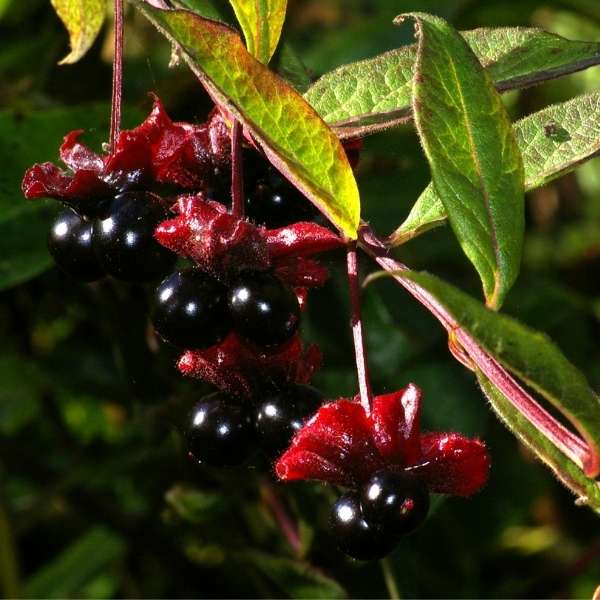
We’d like to maintain accurate and robust plant listings. If you see information that is not correct or that could be added to improve the listing, please let us know. Or if you’d like to suggest a plant to add to our plant guide, you can use this form do so. Thank you!
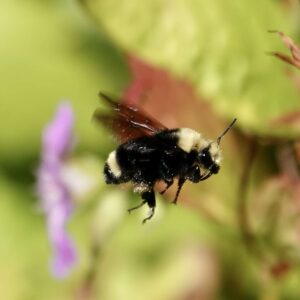
Look closer…and meet the local insects that pollinate the plants around your Seattle neighborhoods. Learn about some of our amazing native pollinating insects.
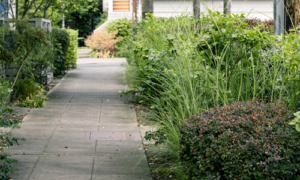
Do you want to plant a tree, create butterfly habitat, or start a vegetable garden but don’t have a yard? Learn how planting strips are a great place to start your own garden!

Learn about diversifying the way architecture is taught and practiced from designers of color.
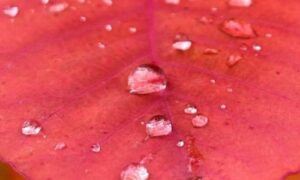
Seattle neighborhoods are full of wildlife and wild things. We’ve compiled a few exercises to help you slow down and appreciate the nature that surrounds you.
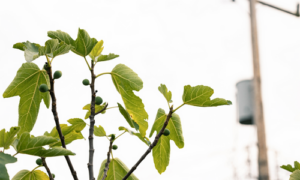
Learn about the diversity in pigeon populations in the United States and the implications of this variability on the species.
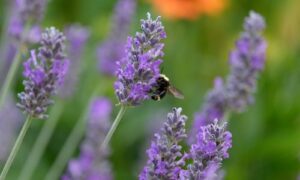
Check out our list of local wildlife-supporting plant stores and nurseries, organizations, and community science opportunities.
Nature of Your Neighborhood is a collaboration between Birds Connect Seattle, the Capitol Hill EcoDistrict, and the Seattle Bird Conservation Partnership. Our goal is to foster relationships between the people and the nature of their neighborhoods.